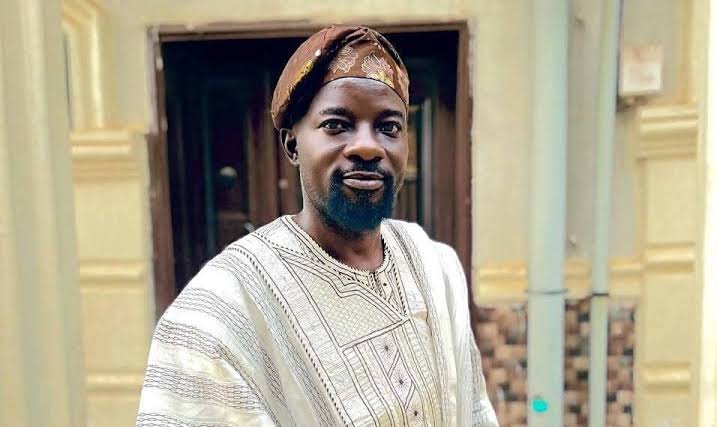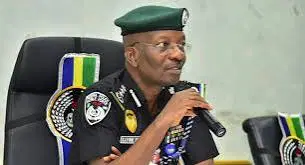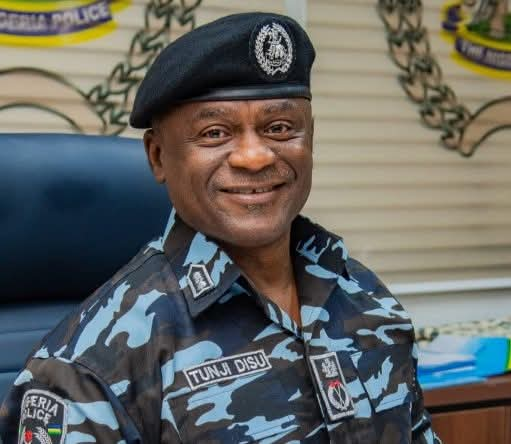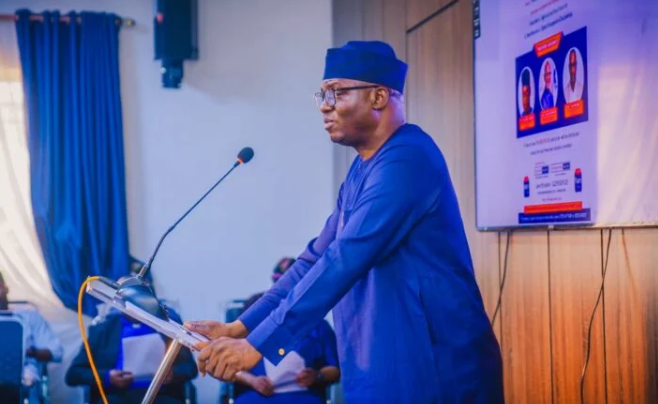Controversial crossdresser Idris Okuneye, known as Bobrisky, may face new criminal charges stemming from allegations that he served his jail term in a private apartment and bribed officials of the Economic and Financial Crimes Commission (EFCC) to drop money laundering charges against him.
Reports indicate that a panel established to investigate these claims has recommended that he face defamation and criminal charges.
Bobrisky was sentenced to six months in prison on April 12 for violating currency regulations and was released on August 5.
Shortly after his release, controversial social critic Martins Otse, also known as VeryDarkMan, shared a voice note purportedly of a conversation between Bobrisky and another person. In this conversation, Bobrisky allegedly claimed to have bribed EFCC officers with ₦15 million to have the money laundering charges dismissed. He also purportedly stated that he bribed officials of the Nigerian Correctional Service to be housed in a private apartment during his six-month sentence.
In response to these allegations, the Minister of Interior, Olubunmi Tunji-Ojo, constituted an investigative panel, chaired by Permanent Secretary Magdalena Ajani, on September 30 to examine the claims.
The panel’s report stated that there was no evidence to support the claim that Bobrisky did not stay at the Kirikiri Custodial Centre during his sentence. The report, exclusively obtained by our correspondence on Friday, concluded that Bobrisky’s assertions had tarnished the reputation of the correctional service.
Additionally, the panel requested the Department of State Services (DSS) to investigate whether Bobrisky bribed the EFCC or Nigerian Correctional Service (NCoS) officials, either directly or through an intermediary. If substantiated, Bobrisky should face charges for corrupt practices.
“The Nigerian Correctional Service should file defamation suits against Bobrisky under sections 373-375 of the Criminal Code Act for his false claims regarding circumventing the prison system, which have harmed the institution’s reputation,” the report stated. “The DSS should investigate any possible bribery of EFCC or NCoS officials by Bobrisky. If proven, he should be charged under the Corrupt Practices and Other Related Offences Act for bribing public officials,” it further elaborated.
The panel also identified four correctional officers for disciplinary action in line with the NCoS’s conditions of service and relevant laws. One of those recommended for sanctions is the former Controller of Corrections, Ben Rabbi-Freeman, who was accused of improperly effecting the transfer of Okuneye from the Medium Security Custodial Centre to the Maximum Security Custodial Centre on April 22, 2024, after he had completed his sentence.
The Deputy Controller of Corrections in charge of the Kirikiri Medium Security, Micheal Anugwa, was recommended for disciplinary action as well. He allegedly received Bobrisky without the proper documentation on April 12, 2024, despite an official order from the Minister of Interior stating he should be suspended.
Additionally, DCC Balogun Sikiru (retd), formerly in charge of the Maximum Security Custodial Centre, was implicated for accepting Bobrisky into the facility without proper documentation.
The panel has called for an audit of all inmates and detainees in NCoS facilities, along with their warrants and records. It has recommended establishing a mechanism for this audit and ensuring ongoing effective oversight.
Moreover, the report urges the “decommercialization of all welfare and support services for inmates with immediate effect,” emphasizing the need for adequate funding and collaboration with civil society organizations to ensure the continuity of these services.
Furthermore, it advocates for facilitating the effective implementation of non-custodial measures across the country to reduce the number of individuals in custody, utilizing imprisonment only as a last resort.
Special Facilities in Custodial Centres
A senior management officer of the NCoS told Sunday PUNCH that what some refer to as VIP treatment for certain inmates is actually a special facility that has existed for many years.
According to the officer, custodial centres have various facilities, and conditions such as health, age, and sex determine the appropriate accommodation for inmates serving their sentences.
The officer explained, “There are different facilities across the custodial centres in the country, and it’s not unusual to accommodate certain prisoners based on their health, age, and the nature of their sentence. The prison authority also considers human rights and appropriate treatment.”
Regarding Bobrisky, the officer stated, “The NCoS authority confirmed that he is a woman from the waist up, while he is a man from the waist down. We had never encountered such an individual in our custody, and there is no designated facility for that situation. He had to be placed in a separate cell to ensure his safety. This facility is what he mistakenly referred to as a private apartment.”
“Regardless of the label, an inmate’s condition determines their accommodation. We cannot put someone with high blood pressure in an unventilated cell,” the officer added.
Activists Advocate for Crossdressers
Okuneye’s case has ignited discussions on the recognition of crossdressers, transgender, and transsexual individuals in Nigeria’s legal and institutional frameworks.
Activists who spoke with our correspondence argue that the government should acknowledge the existence of these individuals and create provisions for them within the prison system.
Femi Adeyeye, an activist, stated that the conditions at the Kirikiri Custodial Centre were unsatisfactory for an individual of Bobrisky’s sexual orientation. He urged the Federal Government to respect the rights of all individuals, regardless of sexual orientation, and to provide specialized facilities for transgender inmates.
“The establishment of a dedicated cell for transgender persons would be a positive step. It’s something the government should seriously consider,” he said.
Another activist, Michael Adaramoye, noted that Nigerian society has not fully accepted the growing transgender population.
While advocating for the right to sexual freedom, Adaramoye stressed, “We must also be sensitive to the concerns of other members of society. It’s essential to create facilities to accommodate transgender individuals in prisons and detention centers.”
He pointed out, “It’s important to note that our correctional centres currently dehumanize inmates. Under such conditions, genuine character reform is extremely difficult. The Nigerian prison system urgently requires comprehensive reform and overhaul.”
Human rights lawyer Toyin Taiwo-Ojo expressed concern about the Federal Government’s ambiguous stance on homosexuality.
“The Nigerian government needs to reassess Bobrisky’s detention and contemplate the long-term implications of its decisions,” she concluded.
Advertisement





